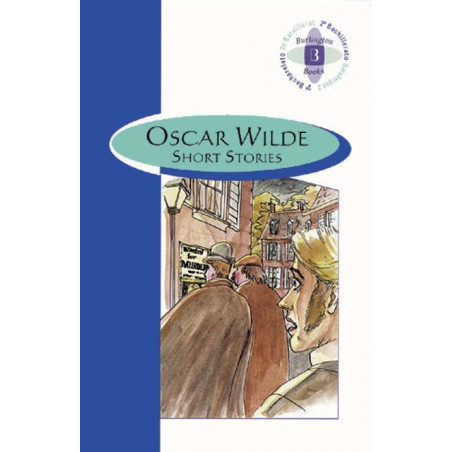
So he returned to his room and pulled out a great dusty book, and began to read.
:max_bytes(150000):strip_icc()/GettyImages-89857968-56df28275f9b5854a9f6aa80.jpg)
It is quite unpractical, and, as in this age to be practical is everything, I shall go back to Philosophy and study Metaphysics." "It is not half as useful as Logic, for it does not prove anything. "What I a silly thing Love is," said the Student as he walked away. "Well, upon my word, you are very ungrateful," said the Student angrily and he threw the rose into the street, where it fell into the gutter, and a cart-wheel went over it. "You have rightly chosen," said God, "for in my garden of Paradise this little bird shall sing for evermore, and in my city of gold the Happy Prince shall praise me." (c)ĭeath is a great price to pay for a red rose (c) "Bring me the two most precious things in the city," said God to one of His Angels and the Angel brought Him the leaden heart and the dead bird. "We must really issue a proclamation that birds are not to be allowed to die here." (c) Death is the brother of Sleep, is he not?"Īnd he kissed the Happy Prince on the lips, and fell down dead at his feet. "It is not to Egypt that I am going," said the Swallow. "Dear little Swallow," said the Prince, "you tell me of marvellous things, but more marvellous than anything is the suffering of men and of women. He told him of the red ibises, who stand in long rows on the banks of the Nile, and catch gold-fish in their beaks of the Sphinx, who is as old as the world itself, and lives in the desert, and knows everything of the merchants, who walk slowly by the side of their camels, and carry amber beads in their hands of the King of the Mountains of the Moon, who is as black as ebony, and worships a large crystal of the great green snake that sleeps in a palm-tree, and has twenty priests to feed it with honey-cakes and of the pygmies who sail over a big lake on large flat leaves, and are always at war with the butterflies.

(c)Īll the next day he sat on the Prince's shoulder, and told him stories of what he had seen in strange lands. "I will stay with you always," said the Swallow, and he slept at the Prince's feet.

"No, little Swallow," said the poor Prince, "you must go away to Egypt." "You are blind now," he said, "so I will stay with you always." Then the Swallow came back to the Prince. "I will stay with you one night longer," said the Swallow, "but I cannot pluck out your eye. Pluck out my other eye, and give it to her, and her father will not beat her." The ruby shall be redder than a red rose, and the sapphire shall be as blue as the great sea." (c) He will sell it to the jeweller, and buy food and firewood, and finish his play." (c)ĭear Prince, I must leave you, but I will never forget you, and next spring I will bring you back two beautiful jewels in place of those you have given away. Pluck out one of them and take it to him. They are made of rare sapphires, which were brought out of India a thousand years ago. "Alas! I have no ruby now," said the Prince "my eyes are all that I have left. "That is because you have done a good action," said the Prince. "It is curious," he remarked, "but I feel quite warm now, although it is so cold." "How wonderful the stars are," he said to her, "and how wonderful is the power of love!" (c) "What is the use of a statue if it cannot keep the rain off?" he said "I must look for a good chimney-pot,". "I have a golden bedroom," he said softly to himself. So he alighted just between the feet of the Happy Prince. "She has no conversation," he said, "and I am afraid that she is a coquette, for she is always flirting with the wind." (c)

I don't know how he managed it, but Wilde is able to deliver punches to the gut whilst making you laugh at the same time. And though I loved these best, there wasn't any story I didn't like and enjoy. My favourites of the eight were "The Happy Prince," a bittersweet story of compassion and its cost "The Devoted Friend," maybe the most tragic of all the stories for how the protagonist's loyalty is abused unto death "The Remarkable Rocket," the most hilarious of them all and also the one that makes fun of Wilde's Victorian society in the most clear way and "The Fisherman and His Soul," the most surprising to me personally, which I'd describe as the anti-Hans Christian Andersen retelling of The Little Mermaid. I found myself laughing out loud at times and in places I was supposed not to, just because of the wordplay. The tales are fantastical parables meant to get across a morale, and at the same time they deliver harsh social criticism in Wilde's trademark wit ladden with subtle mockery. A lovely collection of Oscar Wilde's eight fairy tales, of which I'd only known two previously.


 0 kommentar(er)
0 kommentar(er)
